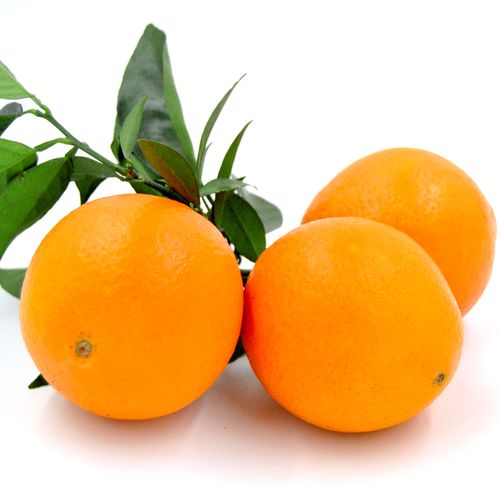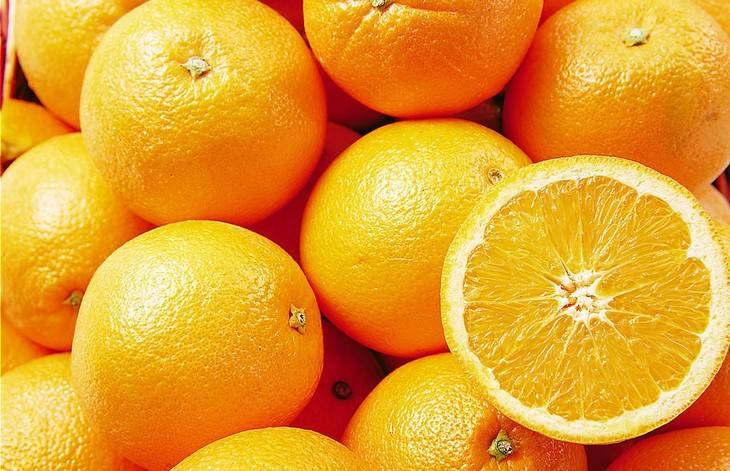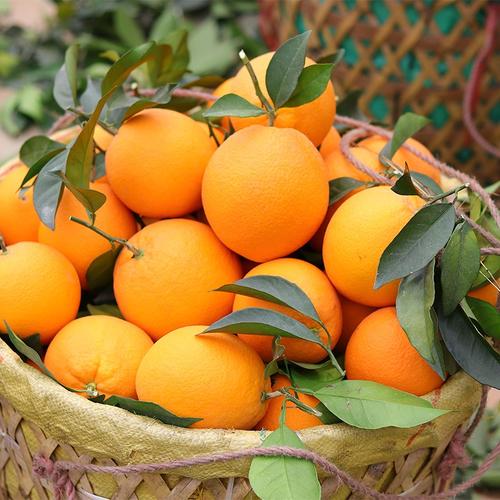


The demand for premium, compliance-driven citrus fruits has surged in Europe, with EU-Certified Navel Oranges becoming a gold standard for retailers, wholesalers, and food brands. These oranges meet rigorous EU regulations for safety, sustainability, and quality, making them a trusted choice for businesses targeting health-conscious and eco-aware consumers. This guide explores the significance of EU certifications, key features of certified navel oranges, and actionable insights for sourcing compliant fruit.
—
Why EU Certification Matters for Navel Oranges
1. Stringent Quality and Safety Standards
EU-certified navel oranges must adhere to strict regulations, including:
– EU Organic Certification: Prohibits synthetic pesticides, fertilizers, and GMOs.
– GlobalG.A.P.: Ensures safe farming practices, worker welfare, and environmental protection.
– HACCP: Mitigates food safety risks at every stage of production and handling.
2. Consumer Trust and Market Access
EU certifications signal compliance with the EU’s General Food Law, which requires transparency and accountability. This builds trust with European buyers and ensures smooth market entry for exports.
3. Sustainability Compliance
EU regulations emphasize eco-friendly practices, such as water conservation, waste reduction, and carbon-neutral logistics. Certified suppliers often adopt these practices to meet consumer demand for sustainability.
—
Key Features of EU-Certified Navel Oranges
Superior Product Quality
– Non-GMO Compliance: Guaranteed through EU-approved farming practices.
– Pesticide-Free Certification: Rigorous testing ensures zero chemical residues.
– Optimal Flavor Profile: 12–15 Brix sugar content for balanced sweetness and juiciness (60–65% juice yield).
Extended Shelf Life
EU-certified suppliers use advanced cold chain logistics to preserve freshness for 3–4 weeks during global transit.
Market Adaptability
Certified navel oranges cater to diverse European needs:
– Retail Ready: Pre-packaged for supermarkets and organic stores.
– Juice Production: High juice yield for smoothies and concentrates.
– Food Service: Bulk supplies for hotels, restaurants, and catering.
—
How to Source EU-Certified Navel Oranges
Step 1: Verify Supplier Credentials
– Ensure suppliers hold EU Organic Certification, GlobalG.A.P., and HACCP.
– Request factory audit reports and phytosanitary certificates.
Step 2: Negotiate Terms
– Discuss pricing models (FOB, CIF) and MOQs (e.g., 1-ton minimum for small orders).
– Clarify payment terms and lead times for seasonal demand (e.g., Christmas, summer).
Step 3: Quality Assurance
– Request pre-shipment samples to evaluate texture, sweetness, and compliance.
– Confirm suppliers provide export licenses and compliance documentation.
Step 4: Optimize Logistics
– Choose sea freight (25–35 days) for cost efficiency or air freight (5–7 days) for urgency.
– Partner with suppliers offering end-to-end customs clearance and cold chain support.
—
Market Trends Shaping Demand
1. Health-Conscious Consumers
Europe’s “Clean Label Movement” prioritizes organic, non-GMO, and pesticide-free fruits. EU-certified navel oranges align perfectly with this trend.
2. Sustainability Demands
Buyers increasingly seek suppliers committed to eco-friendly practices, such as:
– Water-efficient irrigation systems.
– Biodegradable packaging.
– Carbon-neutral shipping.
3. Regulatory Pressure
Stricter EU food safety laws (e.g., EU 2019/2072) require traceability and transparency, favoring certified suppliers.
—
FAQs: EU-Certified Navel Oranges
Q: Are EU-certified oranges GMO-free?
A: Yes, EU Organic Certification prohibits GMOs, ensuring compliance with Regulation (EC) No 1829/2003.
Q: How long does shipping take to Europe?
A: Sea freight takes 25–35 days. Air freight ensures delivery in 5–7 days. Discuss Cold Chain Logistics options with your supplier.
Q: Can I customize packaging for EU markets?
A: Suppliers offer recyclable, compostable, or branded packaging compliant with EU packaging directives.
Q: What certifications are required for Germany or France?
A: EU Organic Certification is valid across all member states. Additional requirements may include GlobalG.A.P. or ISO 22000.
—
Final Thoughts
EU-Certified Navel Oranges offer unparalleled quality, compliance, and market access for businesses targeting Europe. By partnering with certified suppliers, prioritizing cold chain efficiency, and adhering to EU regulations, you can secure a reliable supply chain that meets the demands of health-conscious and sustainability-driven consumers.
Start Sourcing Today
Connect with verified EU-certified suppliers to unlock competitive pricing, seasonal promotions, and customized solutions for your business.
Article link:https://www.vlefooena.com/manufacturer/3468

No reply content